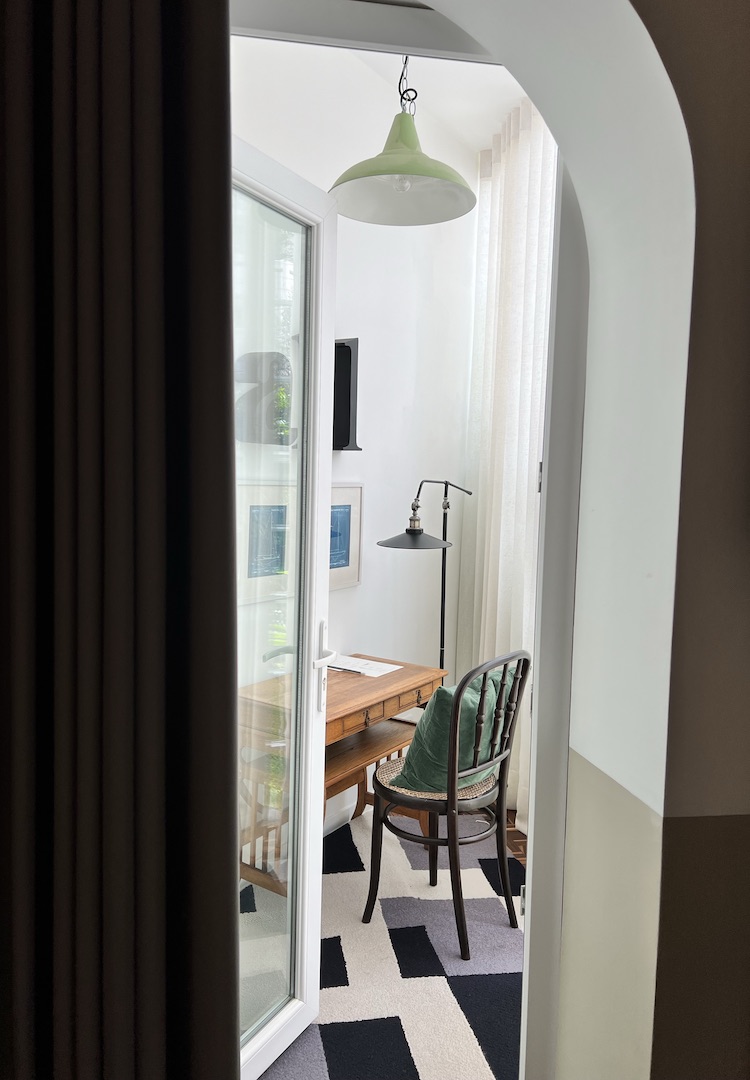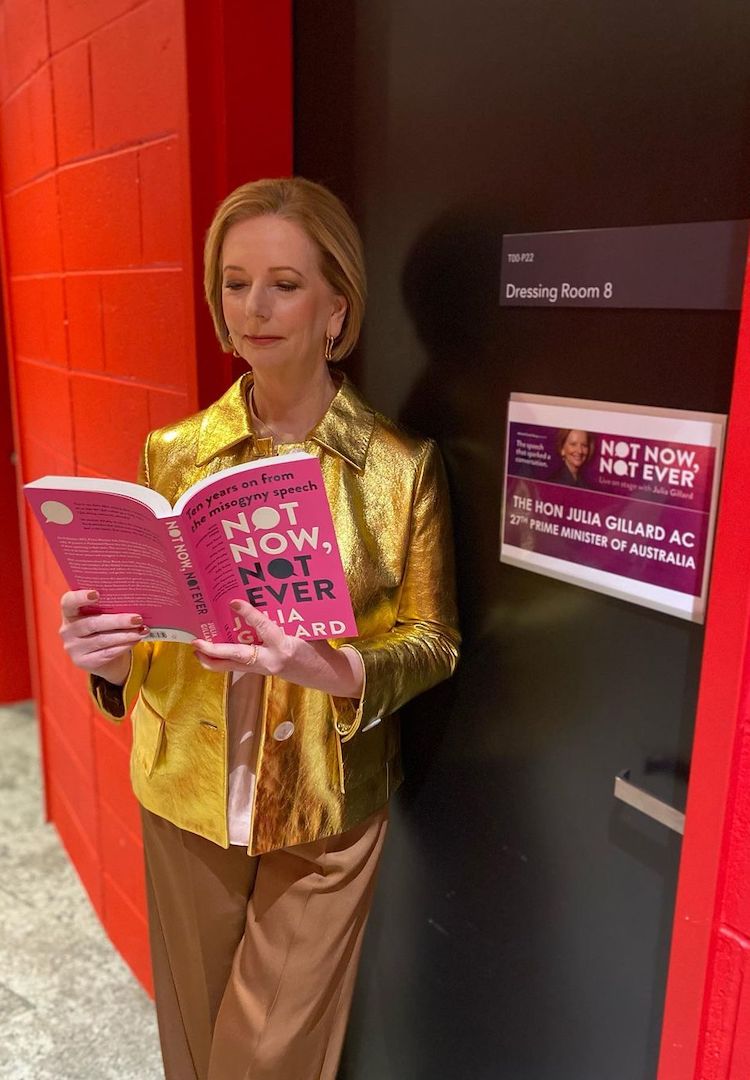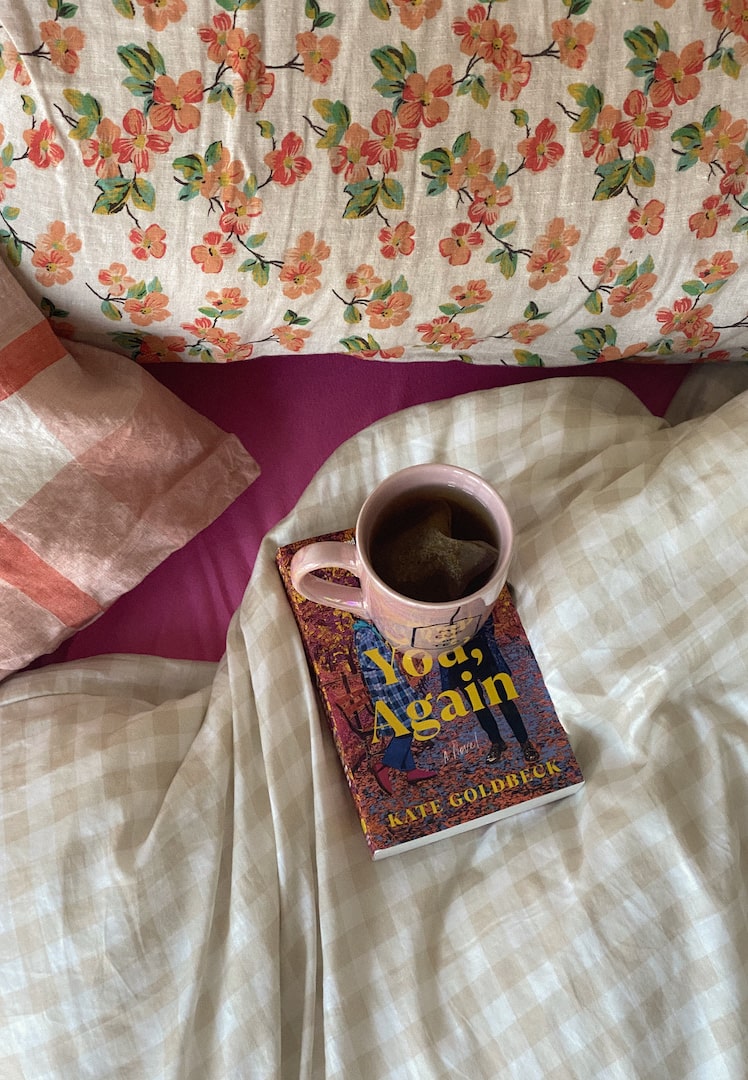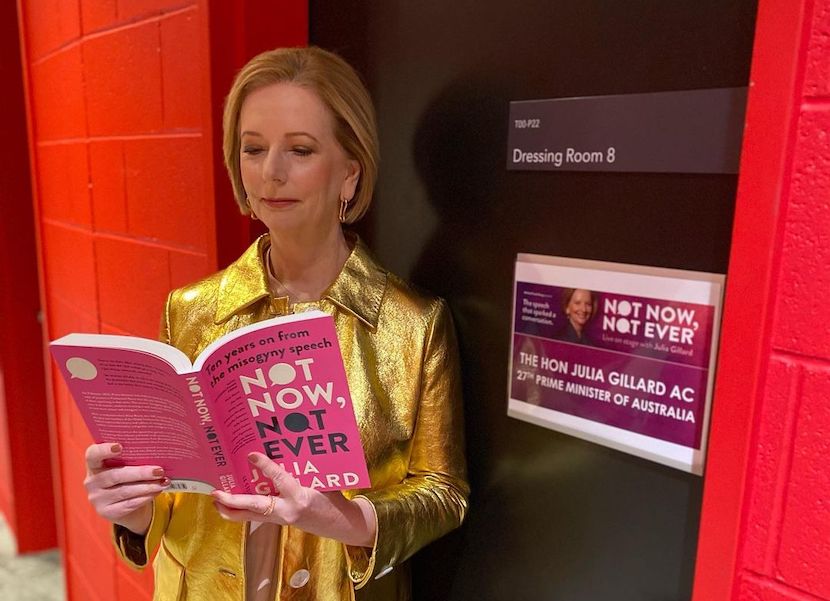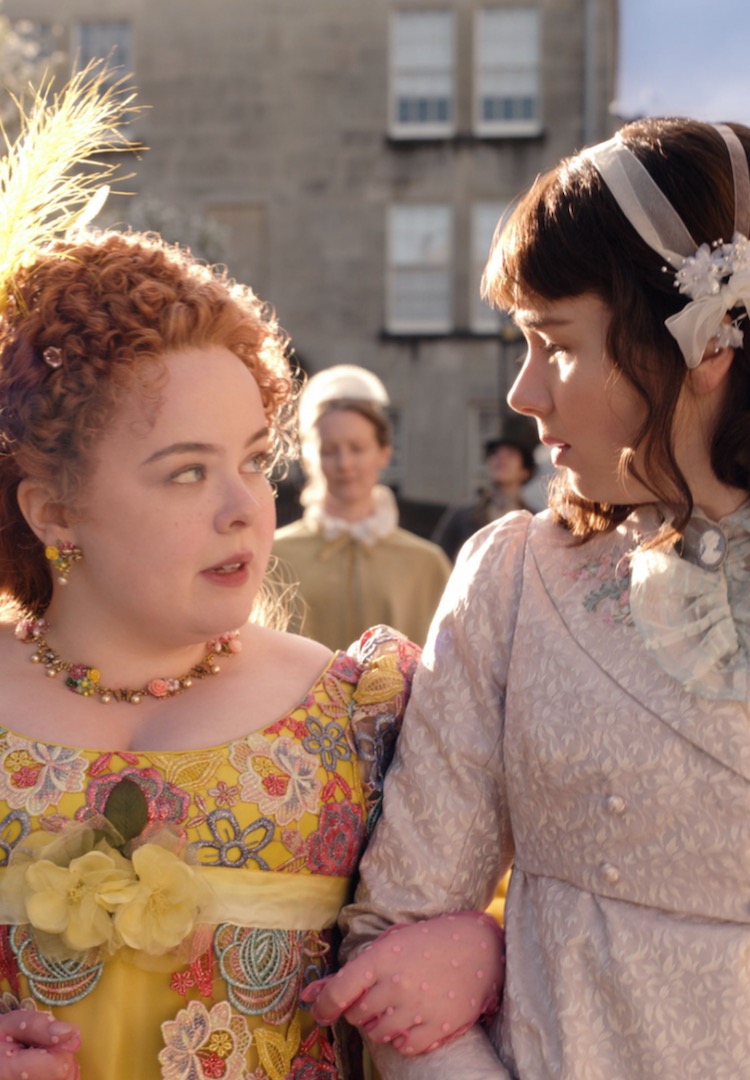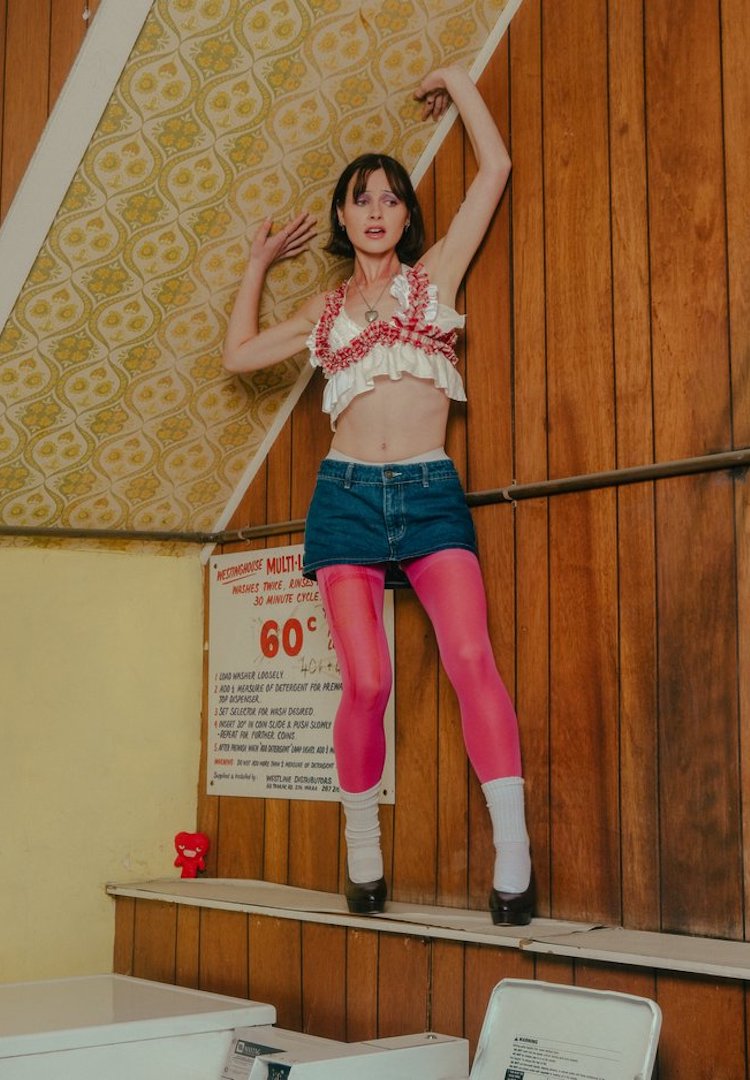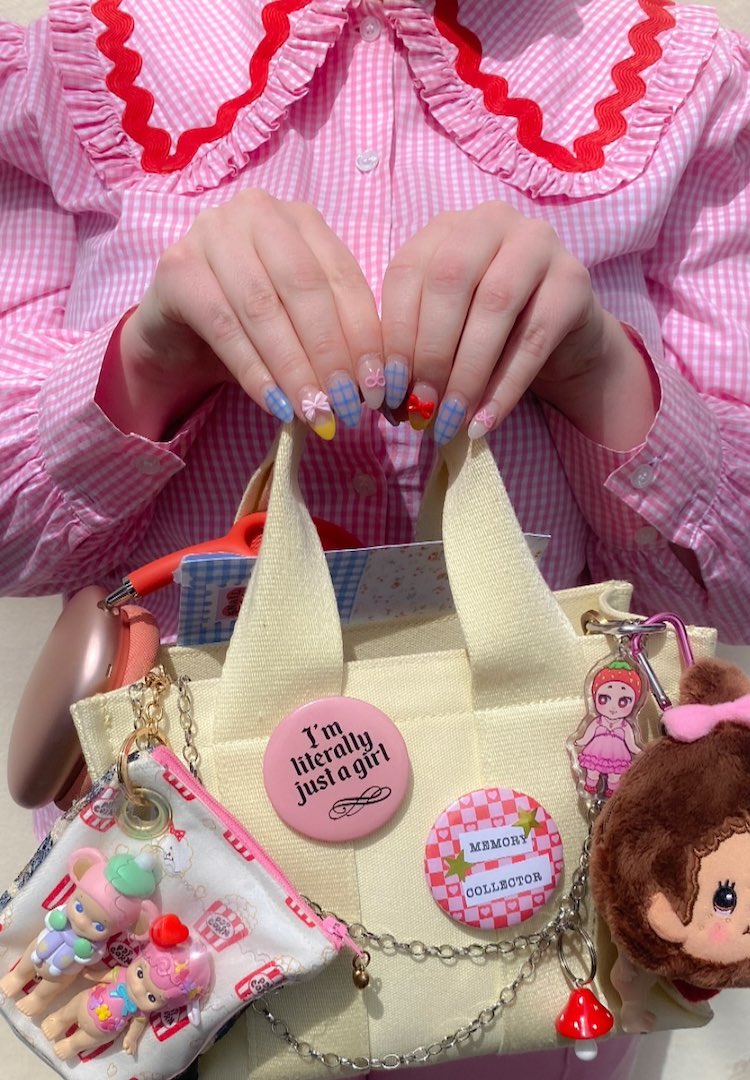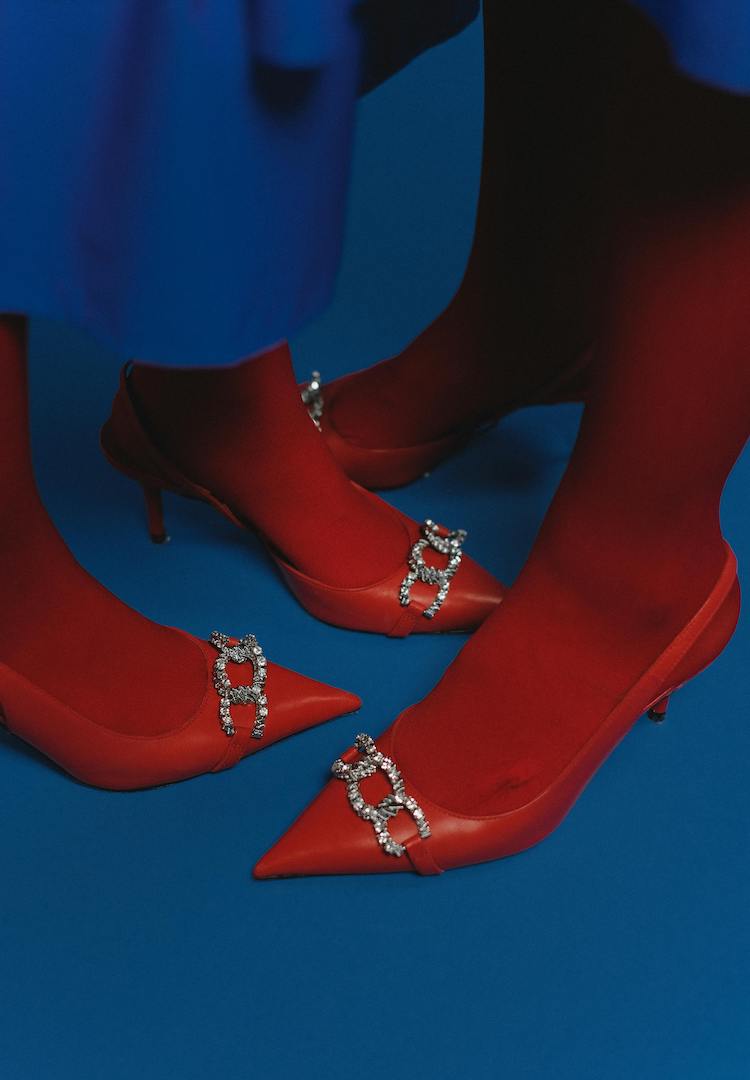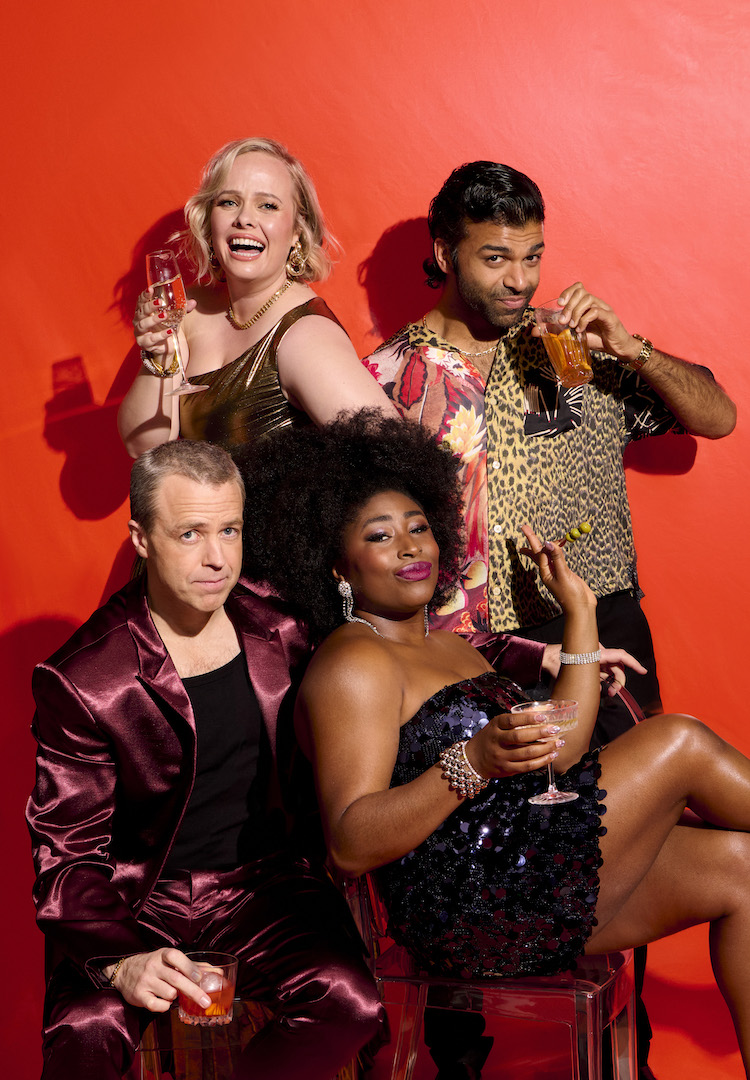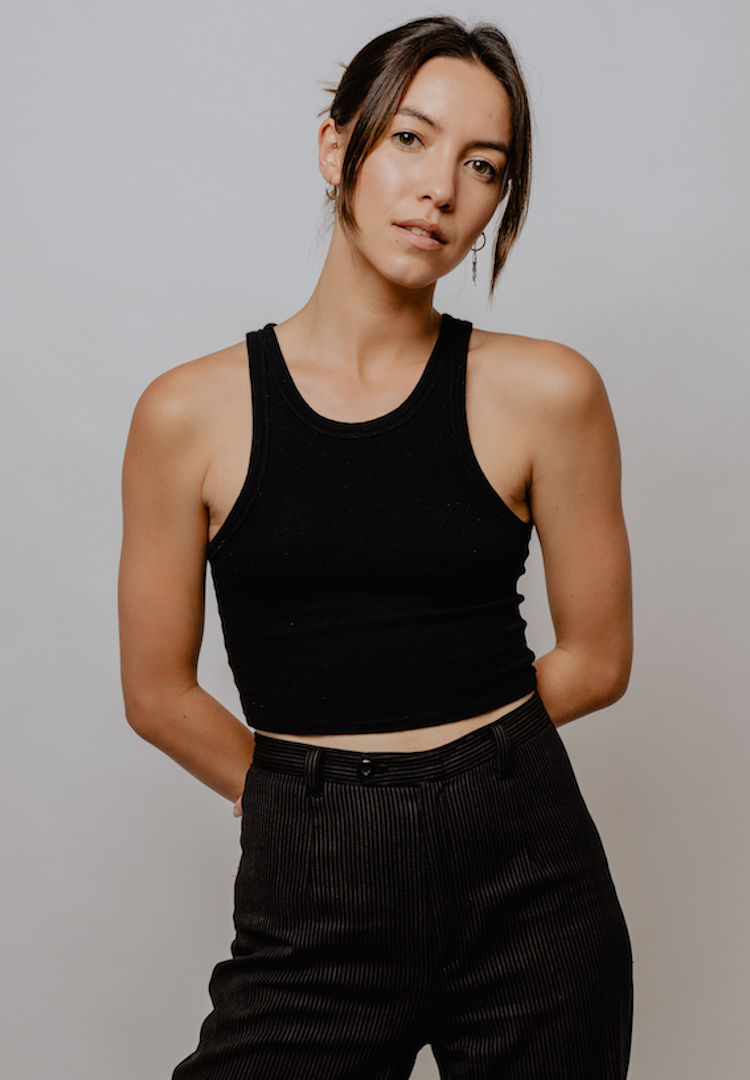A decade later, here’s what seven Fashion Journal readers think of Julia Gillard’s misogyny speech
IN PARTNERSHIP WITH MELBOURNE THEATRE COMPANY
WORDS BY IZZY WIGHT
“It’s easy to see why it stands out as one of the most unforgettable and impactful moments in Australian politics.”
The year is 2012. The world as we know it is imminently coming to an end (allegedly), Queen Elizabeth II is celebrating the Diamond Jubilee, the carbon tax scheme is introduced and the first female Wiggle has just been announced. On October 9, Prime Minister Julia Gillard delivers her extraordinary (and over 10 years on, remarkably quotable) ‘misogyny speech’ in parliament.
For more content like this, tap through to our Life section.
It was a moment that most Australians, particularly women, will remember. Julia’s speech – and the pivotal life moments that came before it – serve as the inspiration behind Julia, a play by celebrated playwright Joanna Murray-Smith. Showing at Southbank Theatre in Melbourne until July 13, it’s directed by Sarah Goodes and stars Australian actors Justine Clarke and Jessica Bentley. To mark the arrival of Julia, we asked seven Fashion Journal readers to share what they think of Julia Gillard’s misogyny speech, over a decade on.
Ariana*, 32, she/her
I’m a little in shock it’s been so long since this speech, it still feels so recent to me. As someone who isn’t particularly interested in politics, I remember seeing this everywhere on my socials at the time and feeling really revved up and inspired. I think at that moment, Julia did what every woman has burned to do (and hopefully done) at some point in their life: been so fed up by the misogyny around her that she snapped.
She was passionate and fiery, articulate and reasonable like so many women are. It felt like a relief, as it showed me you can speak up, be forceful and be respected (a shift from the usual ‘if you speak up, you’re hard work’). But it also felt exhausting, as it showed me how women have to adopt traditional masculine machismo to be treated with respect.
I think my feelings today haven’t shifted much, probably because society hasn’t shifted all that much either in 12 years. It’s depressing, really. We still have such a long way to go.
Elliot*, 27, he/him
I was born and raised in small-town New Zealand and to be honest, I don’t remember much about the initial speech. I was 15, I lived in another country and we were too caught up in our own shit to pay much attention to what was happening in the Australian parliament.
Funnily enough, I learnt about it from my girlfriend, who seemed horrified when I questioned which ‘misogyny speech’ she was referring to. I think Julia Gillard was brave and admirable, she spoke so well. I do think it’s sad that it had to happen in the first place, and disappointing to see where we are with gendered violence right now. It’s scary.
Fiona*, 30, she/her
I am a little embarrassed to say I don’t remember or know of the speech which isn’t surprising to me, as I don’t actively follow politics however after doing some research. I did resonate with a lot of the topics that she spoke about and am disappointed that I hadn’t heard about it.
Rainy*, 34, she/her
Like every millennial woman I know, this speech lives rent-free in my brain – it’s hard to think of a more powerful rallying cry than “I will not be lectured about sexism and misogyny by this man!”. Reflecting on it a decade later, it’s easy to see why it stands out as one of the most unforgettable and impactful moments in Australian politics. Sadly, the frustration, fear, violence and abuse Australian women are still experiencing is a painful reminder that the change women like Julia worked tirelessly to enact has yet to be fully realised.
We are in the midst of an ongoing crisis of male violence, and it feels like each day brings news of another heinous murder or act of domestic violence. What gives me hope though, is seeing a new generation of women (and men) discovering Julia’s speech.
Watching people create dances on TikTok to her words – however silly it might seem at first – is a reminder that the speech still holds weight today. It’s a timely reminder of how far we have to go, but also of Julia’s fearlessness and strength.
Esmee*, 23, she/her
I was nine years old when Julia Gillard became Australia’s first female Prime Minister and 11 when she made the speech. As a student at an all-girls school at the time, our education was structured to empower us to be full of confidence to navigate the world as women. To us baby feminists, a woman at the helm of parliament was a significant moment, but also a no-brainer.
Although I now have no problem speaking up and was taught exactly why it’s so important to do so, it meant that I was sheltered from seeing the deep-rooted culture of misogyny in Australia. To be honest, leaving the cosy, protective feminist nest has felt like there’s been a step back since Julia proudly and fearlessly made the speech, and rediscovering it in adulthood has come with a painful realisation: despite all that women have fought for and all the work that’s been done, there is still so far to go.
Tom*, 33, he/him
One of the most powerful and important speeches in Australia’s political history. I’ve watched it a handful of times since, and it still holds the same power. It takes unbelievable courage to stand up to bullies, and specifically misogyny in any workplace, let alone in parliament – and especially to do it as the Prime Minister.
Unfortunately, as we’ve seen a number of public sexual assault cases in Australia’s parliament in the last few years, and the continuing violence against women, doesn’t appear much has changed unfortunately.
Australian politics, big business and general culture lean toward a boy’s club. But in saying that, speeches like the misogyny speech are extremely important in continuing to try and create change.
*Names have been changed.
Get your tickets here to see Julia, on now at Southbank Theatre in Melbourne. Due to overwhelming demand, eight new performances from 8–13 July are now on sale. Under 30? Snap up half-price seats. Julia is a Sydney Theatre Company and Canberra Theatre Centre production.

